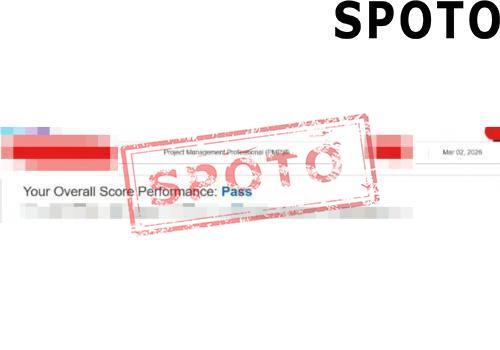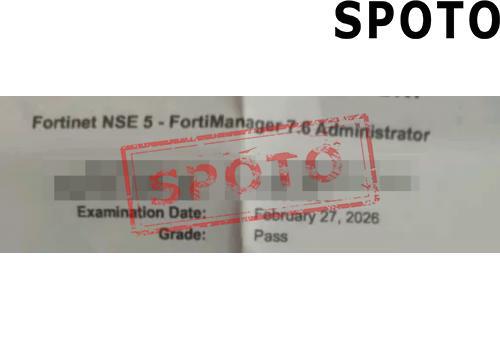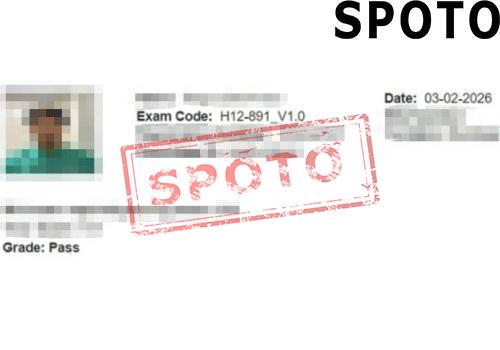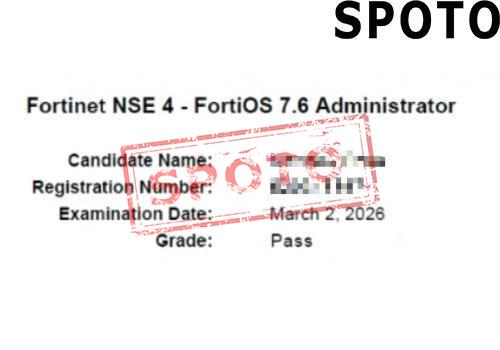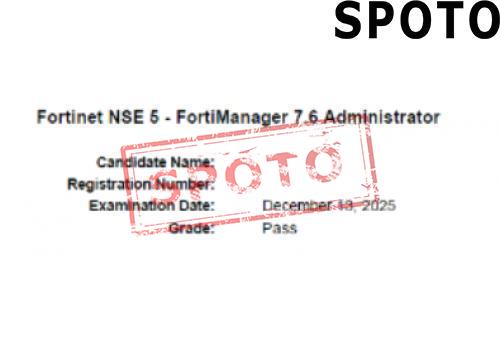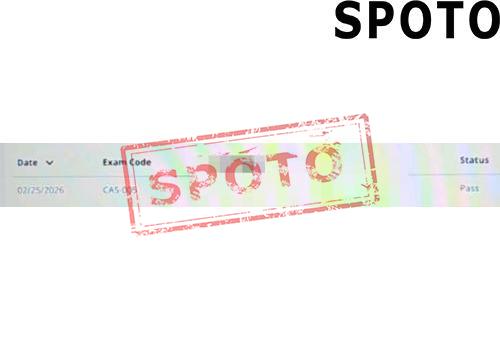
Table of Contents
In 2026, the finance landscape has been significantly impacted by the surge in U.S. corporate bankruptcy filings, reaching the highest levels since 2020. With more bankruptcies looming on the horizon, enterprises are expected to exercise greater caution in their investment decisions. This heightened sense of risk will drive an increased demand for skilled business analysts who can provide valuable insights and guidance in navigating the volatile financial environment. As a result, the role of business analysts is set to become more crucial than ever, leading to a corresponding rise in both demand for these professionals and their compensation packages.
What Is Business Analyst
A Business Analyst is a professional who is responsible for analyzing the operations of a business in order to identify problems and opportunities for improvement. They work closely with stakeholders from various departments to understand their needs and requirements, and then use this information to propose solutions that will help the business achieve its goals.
One of the key responsibilities of a Business Analyst is to gather and analyze data in order to make informed recommendations to the management team. This can involve conducting market research, analyzing financial data, and studying industry trends to identify potential areas for growth or improvement.
Additionally, Business Analysts often play a crucial role in the implementation of new systems or processes within an organization. They work with IT teams and other stakeholders to ensure that the solutions they have proposed are successfully integrated into the business operations.
Business Analyst Certifications
Are you seeking to advance your career in business analysis? One potential avenue for professional growth is through attaining a certification from the International Institute of Business Analysis (IIBA). The IIBA offers three distinct levels of certification: the Entry Certificate in Business Analysis (ECBA), the Certification of Capability in Business Analysis (CCBA), and the Certified Business Analysis Professional (CBAP).
Entry Certificate in Business Analysis
The ECBA certification caters to individuals new to the business analysis domain or those aiming to transition into a business analysis role. By obtaining this certification, you can showcase expertise in foundational business analysis concepts and techniques.
Get a FREE mock test and ace your exam prep!
Certification of Capability in Business Analysis
For those with a few years of experience and a deeper insight into business analysis practices, the CCBA certification suits as it reflects proficiency in effectively engaging with stakeholders, identifying and assessing business needs, and proposing pragmatic solutions.
Get a FREE mock test and ace your exam prep!
Certified Business Analysis Professional
The highest tier, CBAP, targeting experienced professionals who have mastered fundamental skills, signifies expertise in spearheading and overseeing business analysis initiatives, while effectively contributing to the organizational strategy.
Get a FREE mock test and ace your exam prep!
Furthermore, each of these certifications comes with specific eligibility requirements, a rigorous examination process, and an adherence to a professional code of conduct. Achieving these credentials is well-regarded as it not only enhances credibility but also expands earning potential, ultimately presenting new prospects for career advancement.
The Differences Between the ECBA, CCBA, CBAP
When considering business analysis certifications, it's important to understand the differences between ECBA, CCBA, and CBAP. Each certification is tailored to different audiences and has specific requirements, professional development units (PDUs), and exam patterns.
1. targeted Audience:
- ECBA (Entry Certificate in Business Analysis): This certification is designed for individuals who are new to business analysis or are looking to transition into the field.
- CCBA (Certification of Capability in Business Analysis): CCBA is suitable for individuals with 2-3 years of business analysis experience and who are looking to demonstrate their expertise in the field.
- CBAP (Certified Business Analysis Professional): CBAP is ideal for experienced business analysts who have a minimum of 5 years of professional work experience in the field.
2. The Requirements:
- ECBA: Requires a minimum of 21 hours of professional development training in the past four years and a high school diploma or equivalent.
- CCBA: Requires a minimum of 3,750 hours of business analysis work experience aligned with the BABOK Guide in the last seven years, along with at least 21 hours of Professional Development in the past four years.
- CBAP: Requires a minimum of 7,500 hours of business analysis work experience aligned with the BABOK Guide in the last 10 years, along with at least 35 hours of Professional Development in the past four years.
3. The Professional Development Units (PDUs):
- ECBA: No PDUs required for initial certification.
- CCBA: Requires a minimum of 21 PDUs every three years to maintain certification.
- CBAP: Requires a minimum of 35 PDUs every three years to maintain certification.
4. The Exam Pattern:
- ECBA: The exam consists of 50 multiple-choice questions and must be completed within one hour.
- CCBA: The exam consists of 130 multiple-choice questions and must be completed within 3 hours.
- CBAP: The exam consists of 120 multiple-choice questions and must be completed within 3.5 hours.
Gain a Competitive Edge with SPOTO
In the challenging economic climate, obtaining a certification can give you a competitive edge, especially in the face of potential layoffs. That's why SPOTO has introduced an exam service to assist you in quickly obtaining your business analyst certification. Our professional team is dedicated to helping you through the entire process, including tailoring your resume to showcase your new certification. With SPOTO, you can navigate these uncertain times with confidence and a valuable credential to boost your career prospects.

